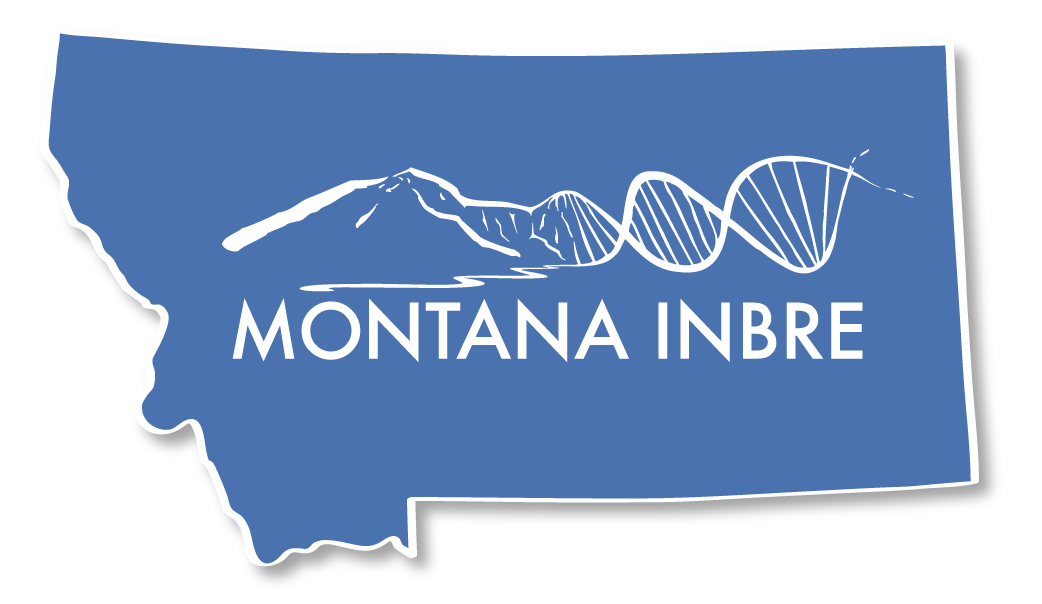Dr. Chris Wilson Presents Why and How Must We More Effectively Harness Science to Address Global Health Inequities
March 7, 2013
Baxter Ballroom, 105 West Main Street, Bozeman 6:00pm
Two-thirds of the world's 6 billion people live in low and middle income countries, where most of the approximately 7 million children under 5 years of age die each year, mostly due to potentially preventable infectious and nutrition-related diseases. The overwhelming majority of this burden falls upon those living in resource limited settings, particularly in South Asia and in sub-Saharan Africa. To address these inequities, we must support sustainable ways to improve the delivery of existing solutions and look for additional ways, other than investments in research and development, to create those solutions. Doing so has proceeded too slowly, but the opportunities to provide these solutions and thereby begin to erase these inequities has never been greater.
Dr. Chris Wilson, director of the Global Health Discovery & Translational Sciences program of the Bill & Melinda Gate Foundation, leads a team that targets fundamental scientific and technological advances in global health that could lead to new ways to prevent, treat, and diagnose disease. Wilson joined the foundation in 2009 as Deputy Director, Vaccine Discovery and Human Biology, Global Health Discovery.
Dr. Wilson is a pediatrician and immunologist. He joined the faculty at the University of Washington in 1979 in the Infectious Diseases Division of the Department of Pediatrics and later served as head of the Division of Infectious Diseases, Immunology and Rheumatology. In 1989, he became one of the founding faculty members in the new Department of Immunology, and served as Chairman of the Department of Immunology and head of the graduate program in immunology from 1999-2009.
He has also served on a number of national advisory panels, including the Institute of Medicine Vaccine Safety Review Committee (2001-2004) and the National Advisory Council on Child Health and Human Development, NICHD, NIH, and he co-chaired the NIAID US Immunodeficiency Network Pilot Grant Review Committee. He is an elected fellow of the American Association for the Advancement of Science.
Dr. Wilson received a bachelor's degree from the University of California, Irvine and a medical degree from UCLA. He trained in pediatrics at Boston Children's Hospital/Harvard Medical School, served in the US Public Health Service, and then was a post-doctoral fellow in infectious diseases while performing immunology research at Stanford University.
The Café Scientifique was co-sponsored by Montana INBRE and Montana State University COBRE programs.


